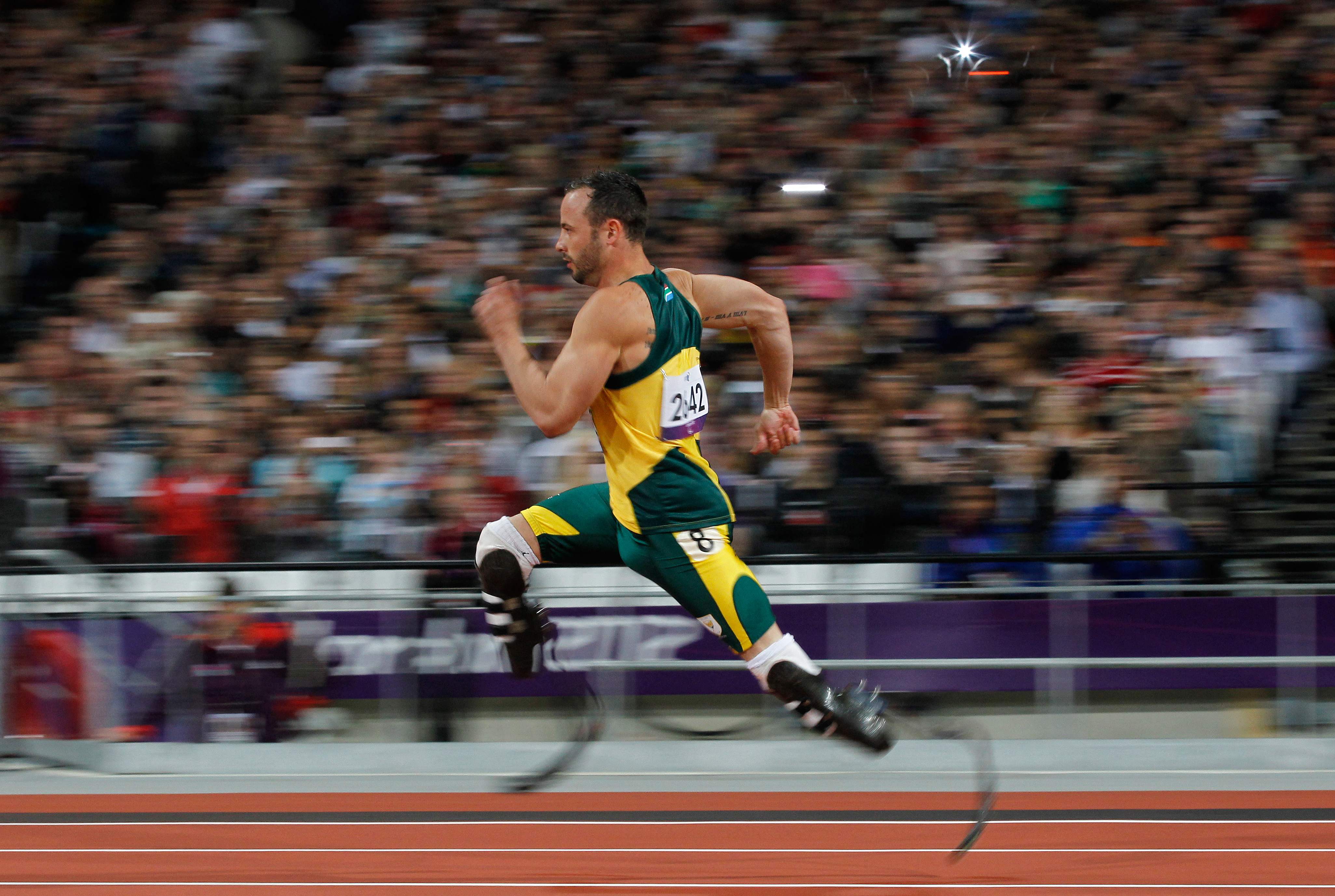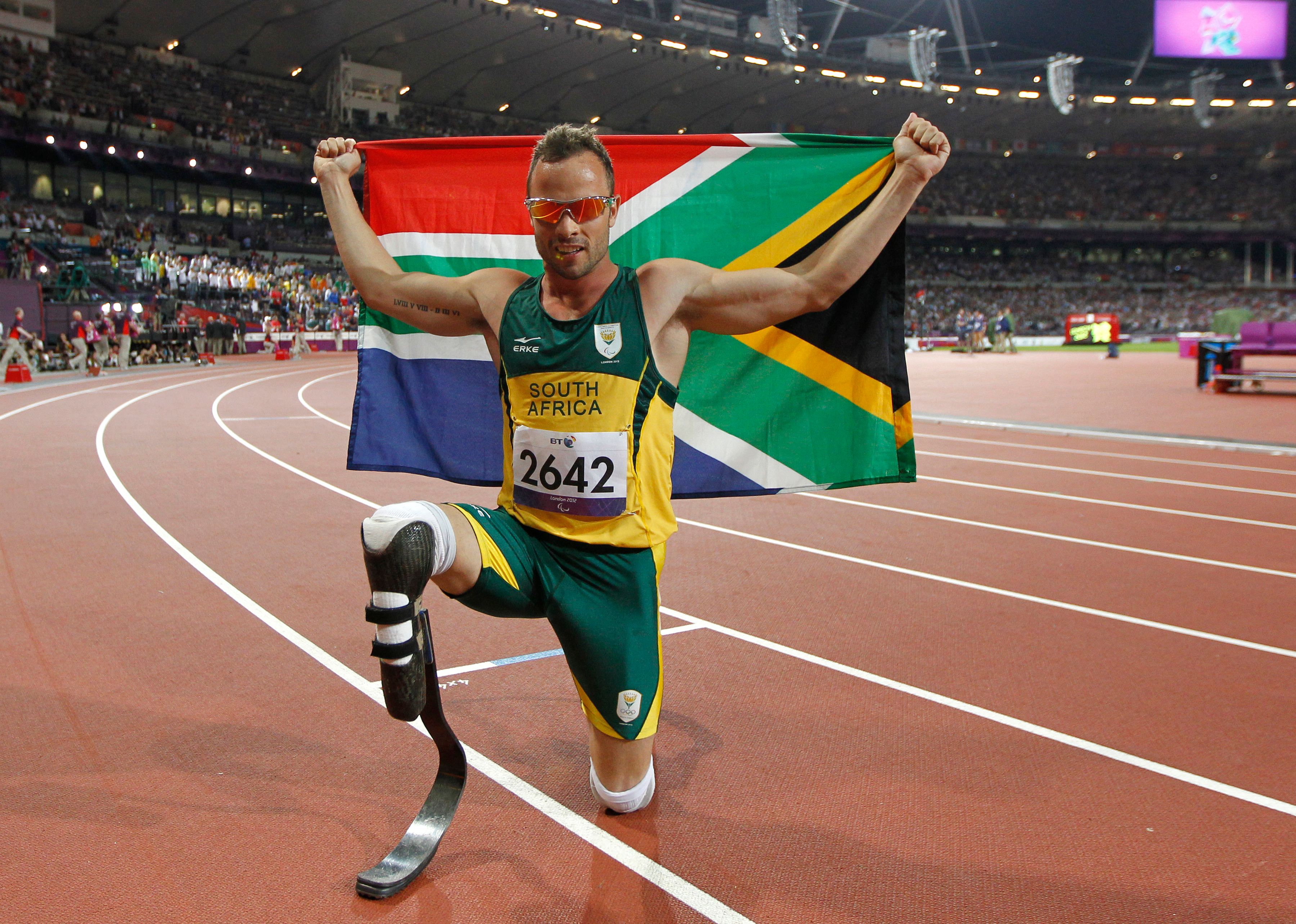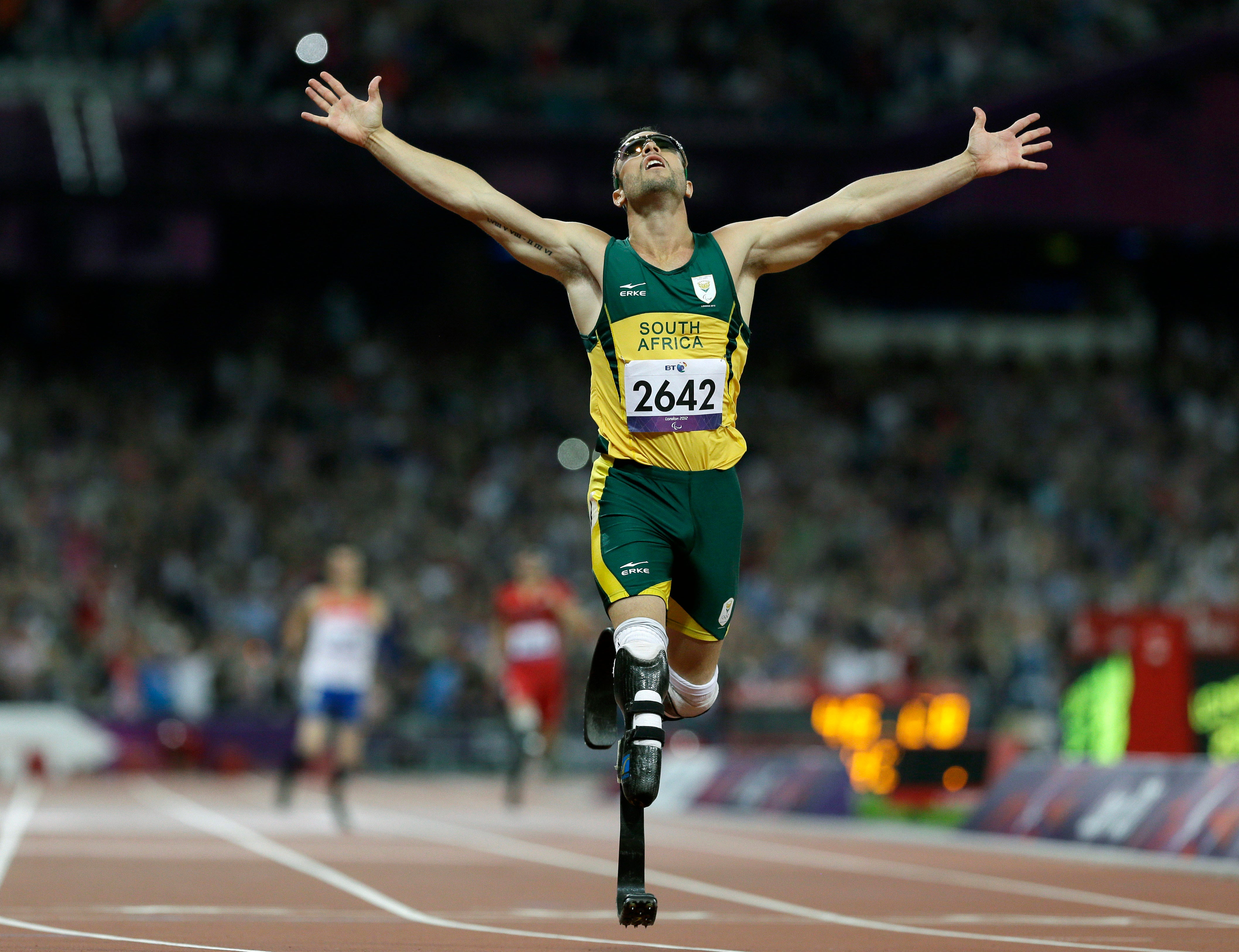Could Oscar Pistorius make Paralympic return after prison release?
Six-time Paralympic champion Pistorius has been released on parole this week and, at the age of 37, speculation has started over a potential return to athletics

Your support helps us to tell the story
From reproductive rights to climate change to Big Tech, The Independent is on the ground when the story is developing. Whether it's investigating the financials of Elon Musk's pro-Trump PAC or producing our latest documentary, 'The A Word', which shines a light on the American women fighting for reproductive rights, we know how important it is to parse out the facts from the messaging.
At such a critical moment in US history, we need reporters on the ground. Your donation allows us to keep sending journalists to speak to both sides of the story.
The Independent is trusted by Americans across the entire political spectrum. And unlike many other quality news outlets, we choose not to lock Americans out of our reporting and analysis with paywalls. We believe quality journalism should be available to everyone, paid for by those who can afford it.
Your support makes all the difference.Former Paralympic star Oscar Pistorius has been released from prison after he was granted parole nearly 11 years after killing his girlfriend Reeva Steenkamp.
On February 14, 2013, he shot and killed Steenkamp before being sent to jail after a high-profile trial in South Africa.
Pistorius became eligible for parole in March 2023, after he had served half of his 13 years and five months sentence for murder and was duly granted parole on 24 November, which took effect on 5 January.
He is expected to live in Pretoria, in a garden cottage on the guarded property of his wealthy uncle, and speculation has started that – now at the age of 37 – he could try to make a return to elite Paralympic sport. But would that even be possible?
Here’s everything you need to know about a potential return:
What were Oscar Pistorius’s athletic achievements?
Pistorius was first launched to global fame in the early 2000s, when he won gold in the T44 200m category as a 17-year-old at the 2004 Paralympic Games in Athens – despite falling in the heats before getting back up to qualify for the final.
The South African then set his sights on running against able-bodied athletes at the 2008 Beijing Olympics but was barred from competing in the event by World Athletics – then called the IAAF.
The ban was eventually overturned by the Court of Arbitration for Sport, but Pistorius failed to qualify for the Olympics, coming within 0.70s of the qualifying standard for the 400m. Undeterred, he swept that year’s Paralympics, taking home the 100m, 200m and 400m gold medals in the T44 category, before launching a bid to qualify for 2012 Olympics in London.
This time he was successful, and reached the 400m semi-finals and competed for South Africa in the 4x400m relay. He also won another three Paralympic medals that year. His murder of Steenkamp happened a few months later and he was sent to prison in 2013.

Will his parole conditions allow him to return to athletics?
Pistorius, though no longer in prison, is to remain under close supervision and will be subject to parole conditions until his sentence expires in December 2029.
He will not be allowed to consume alcohol and other prohibited substances, will be barred from conducting media interviews and is expected to be home at particular hours of the day.
Pistorius will also have to attend programmes on gender-based violence and continue therapy sessions on anger management, a lawyer for the Steenkamp family said shortly after he was granted parole.
The exact parole conditions are not yet known but he would need special dispensation from the courts to be permitted to start competing as a sprinter, especially if that involved international travel.
Singabakho Nxumalo, a spokesperson for the Department of Corrections, explained that Pistorius would not be allowed to leave Pretoria without permission from authorities for five years. “Parole does not mean the end of the sentence,” Nxumalo said. “It is still part of the sentence. It only means the inmate will complete the sentence outside a correctional facility.”
Is he in shape for a sporting return?
Pistorius has not been pictured since going into jail but reports from his time inside prison have suggested he has grown a beard, gained weight and taken up smoking. If true, he would not only be unrecognisable from the elite athlete he once was but in no shape to resume competitive athletics.

Will he compete at the 2024 Paralympic Games?
The next Paralympic Games take place in Paris next summer and if Pistorius was in shape to attempt to qualify, he would need to hold an active World Para Athletics Athlete Licence for the 2024 season. He would also need to be internationally classified before August 5, 2024 in an eligible sport class with his status either confirmed or under review.
He would also need to meet the required qualifying time in a performance at a World Para Athletics recognised competition between October 2022 and August 2024, unless he got an exemption under the ‘Bipartite Commission Invitation’ – which allows athletes who have not had the chance to formally qualify due to extraordinary circumstances compete at the Paralympics at the organisers’ discretion.
It is unlikely that the Paralympic Committee would use their discretion to allow a convicted murderer to compete at Paris 2024. Even if they did, Pistorius would still need to be selected for the squad by the South African Sports Confederation and Olympic Committee, which would prove a divisive move in his homeland just six months after he was granted parole.
Could Pistorius compete at the World Para Athletics Championships?
The World Para Athletics Championships are taking place in Kobe, Japan in May. Again, Pistorius is unlikely to have reached the qualifying standard in time to compete at those championships, although organisers could grant him a discretionary place.
However, Japan has some of the strictest rules in the world about convicted criminals travelling to their country, with specific immigration laws even stronger if that conviction is for murder.
That, in addition to his potential travel problems detailed above, makes an appearance at the Worlds very unlikely.
Additional reporting by Reuters
Join our commenting forum
Join thought-provoking conversations, follow other Independent readers and see their replies
Comments